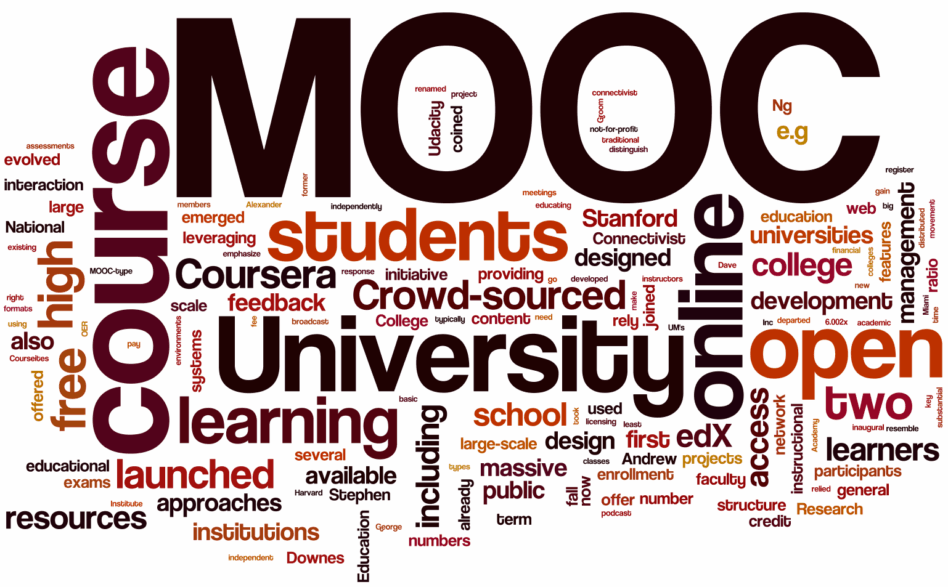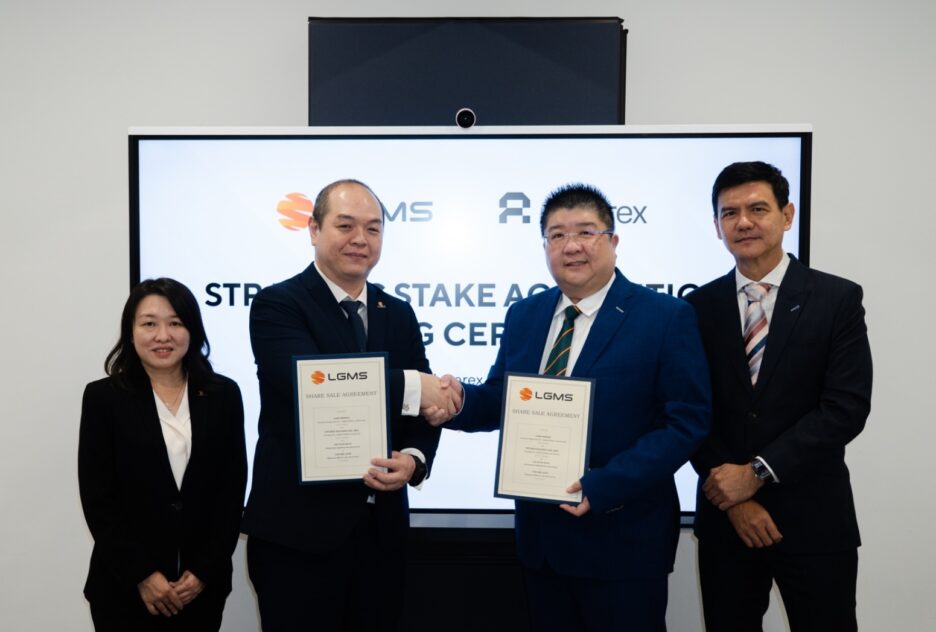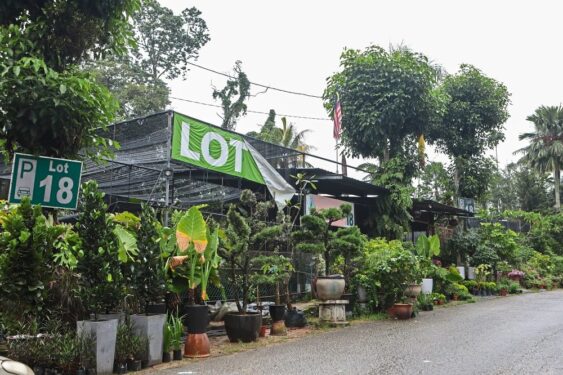WE live in a competitive world: nations, businesses, and individuals compete. Nations compete to sustain the economy, businesses compete to sustain profits while individuals compete to secure the best jobs and live well.
In a world driven by knowledge and innovation, those with the most knowledge benefit the most, and the only way to acquire knowledge is through learning.
That is why education is so strategic. It is not enough being educated only up to the tertiary higher education level.
Learning is a life-long affair and this is because knowledge is never static. Old knowledge becomes obsolete fast as new knowledge emerges through research; therefore keeping up with the latest knowledge can be a struggle unless one embraces life-long learning.
A significant contributor to the non-equitable world is the differences in knowledge power. The rich are able to accumulate more knowledge than the poor, inevitably leading to much economic injustice as the rich-poor gap continues to widen, as seen in many countries.
Many believe life-long learning can contribute to economic justice. This refers to the fair access to resources, opportunities, and wealth distribution, enabling individuals to thrive regardless of their socioeconomic background.
Life-long learning, the continuous pursuit of knowledge and skills throughout one’s life, plays a crucial role in advancing economic justice.
Automation and artificial intelligence (AI) are now seen displacing traditional jobs. Life-long learning helps workers adapt, ensuring they remain competitive in the evolving labor markets.

Digital literacy programmes enable marginalised groups to access remote work, freelancing, and tech-driven industries while education and training provide pathways for low-income individuals to secure higher-paying jobs.
Business training and financial literacy empower people to start their own enterprises, fostering wealth creation.
Online courses such as massive open online courses (MOOCs), micro-credentials, and community-based programmes make education more affordable and accessible while, validating skills gained through work experience helps non-traditional learners compete fairly.
Meanwhile, programmes for formerly incarcerated individuals, refugees, and school dropouts help reintegrate them into the economy. Similarly, older workers stay employable longer, reducing age-based discrimination.
Governments and corporations investing in free or subsidised training reduce education disparities as unions and advocacy groups use life-long learning to prepare workers for green jobs and fair wage negotiations.
Despite its benefits, systemic barriers prevent life-long learning from fully advancing economic justice. Many cannot afford tuition, certification fees, or even internet access for online learning. Low-wage workers may lack time or resources to study while working multiple jobs.
Even with new skills, marginalised groups face discrimination in the job markets. Poor-quality schools in disadvantaged areas limit foundational learning.
Rural and low-income communities may not have reliable internet or devices for e-learning. As such, AI-driven hiring and upskilling platforms may reinforce biases.
Training programmes sometimes do not align with employer demands with employers sometimes undervaluing self-taught or informal skills. Older adults or low-skilled workers, too, may feel discouraged from re-entering education.
To maximise life-long learning’s role in economic justice, solutions include subsidised and free learning through government-funded programmes, employer-sponsored upskilling where tax incentives are given for companies investing in worker training, and community learning hubs in the form of local libraries and NGOs offering free courses.
We need policy reforms which include stronger labor protections, universal broadband, and anti-discrimination laws.

Life-long learning is a powerful tool for economic justice, but systemic inequities must be addressed to ensure it benefits everyone, not just the privileged few.
A combination of policy reforms, corporate responsibility, and grassroots education initiatives can help bridge the gap. When everyone has the chance to continuously learn, it stimulates broader economic participation.
This means more people contributing productively to the economy, more diversity in entrepreneurship and innovation, a wider tax base and reduced dependency on welfare systems. This benefits not just individuals, but entire communities and national economies.
Parents who engage in life-long learning tend to value and encourage education in their children, creating a culture of self-improvement and upward mobility. Over time, this reduces poverty traps and enhances social equity.
In volatile, uncertain, complex, and ambiguous (VUCA) environments, continuous learning prepares people to handle crises, whether economic downturns, technological disruptions, or pandemics.
Communities that value learning can adapt faster, recover quicker, and innovate new livelihoods.
Life-long learning is not a luxury; it’s a social justice tool. By investing in accessible, inclusive, and relevant education for all ages, societies can promote economic justice, enabling fair chances for everyone to prosper in a rapidly changing world. ‒ July 9, 2025
The author is affiliated with the Tan Sri Omar Centre for STI Policy Studies at UCSI University and is an associate fellow at the Ungku Aziz Centre for Development Studies, Universiti Malaya.
The views expressed are solely of the author and do not necessarily reflect those of Focus Malaysia.
Main image: AP









